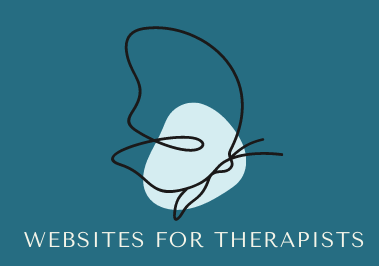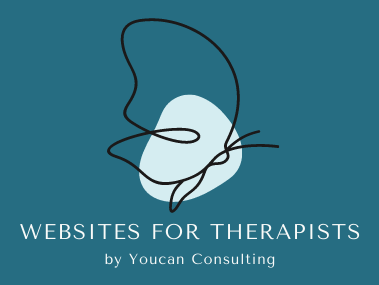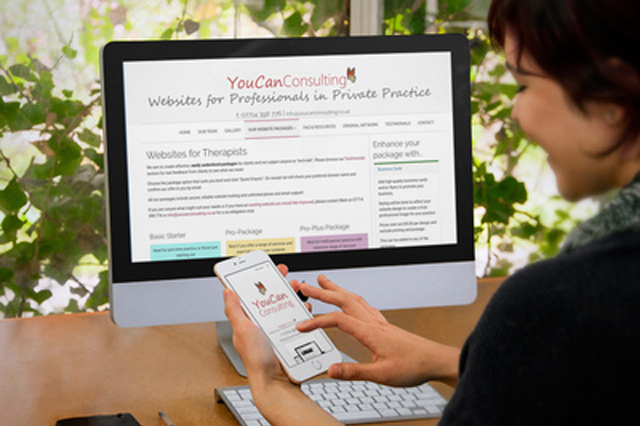Why should a therapist have a website?
We are often asked why a Therapist should have a website and not just rely on word-of-mouth referrals, social media outlets and so on.
There are several reasons why a therapist should have a website:
-
Online presence: In today's digital age, having a website is essential for establishing an online presence. It allows potential clients to find you easily when they search for therapy services in their area. A website serves as a virtual storefront where people can learn about your practice, your qualifications, and the services you offer.
-
Information hub: A website provides a centralized platform where you can share important information about your therapy practice. You can include details about your approach, specializations, areas of expertise, and any specific populations you work with. This helps potential clients understand if your services align with their needs, which can save time for both parties.
-
Client education: A therapist's website can serve as an educational resource for clients and the general public. You can provide articles, blog posts, or videos on various mental health topics, self-help techniques, or coping strategies. Sharing valuable information demonstrates your expertise and can help establish trust with potential clients.
-
Appointment scheduling: Many therapists incorporate online appointment scheduling systems into their websites. This allows clients to easily book sessions at their convenience, without the need for phone calls or emails. It can streamline the process and improve accessibility, making it more likely for individuals to reach out and schedule an appointment.
-
Testimonials and reviews: Positive reviews can build credibility and trust, reassuring potential clients that you have a track record of helping others.
-
Privacy and confidentiality: By having a website, you can create a secure and confidential space to communicate with potential clients. You can include a contact form or encrypted messaging options to allow individuals to reach out without sharing personal information publicly.
-
Referrals and networking: Having a website makes it easier for other professionals, such as doctors or social workers, to refer their clients to you. They can easily find your website, learn about your services, and confidently recommend you to their patients or clients.
- Interaction with your directories. Having a well composed directory listing can often serve as a point where potential clients start searching. Having your website listed on your directory listing could potentially nudge the client further towards you.
 Sidebar Menu
Sidebar Menu







